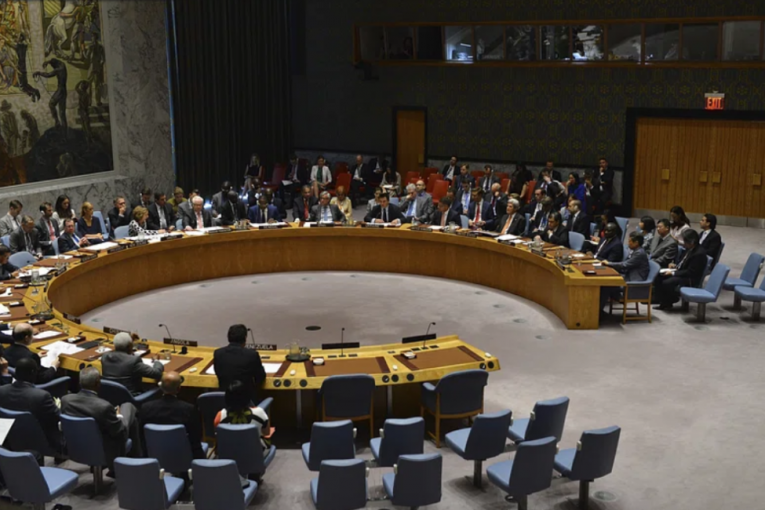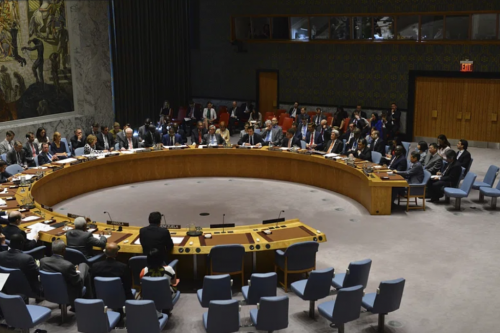

DUBAI, UNITED ARAB EMIRATES – As of November 30 and until December 12, the United Nations will hold the 28th climate change conference (COP28) discussing plans to deal with ongoing issues such as fossil fuel emissions and the destruction of ecosystems. The host of the conference, the United Arab Emirates (UAE), outlined three priorities for the meet: 1) deliberating on ways to ramp up the transition to environmentally-friendly energies and reduce fossil fuel emissions by 2030; 2) looking at ways to repair climate finance; and 3) looking at ways to protect vulnerable populations and natural ecosystems.
Despite the conferences’ past promises, there seems to be no slowing of climate change’s impacts. Reports by climate scientist Zeke Haufather have shown that this November has been the hottest yet, and that the year as a whole is 1.4 degrees C above pre-industrial levels.
The UN climate change executive Secretary Simon Stiell disheartenedly stated at the start of the meeting, “We are taking baby steps. . . We must teach climate action to run. Because this has been the hottest year ever in humanity.”
This year, the conference implemented the first Global Stocktake (GST) – a method for countries to measure their progress on meeting the goals outlined in the Paris Agreement in 2015. Satellites and remote sensing technologies are used to measure the activity.
Unfortunately, though, data shows that the information provided by countries is not reflective of what has been done in actuality. For instance, data revealed China was responsible for a jump in methane emissions from 2021 to 2022 from coal mines. What’s worse, methane emissions are more than 28 times more efficient at trapping heat in the atmosphere than carbon dioxide.
In the end, China, India, and the United States remain as the highest producers of greenhouse gasses, but have made new pledges in reducing those emissions. China’s pledge is not very concrete, but they agreed to “phase down.” If these promises are again unmet in their full capacity, though, there will likely continue to be environmental strain.
The rapid change in weather could induce the forced shutdown of about 1 in 12 hospitals, a report claims. Vulnerable populations in lower and middle income countries would once again be most impacted by these effects. Data estimates that 71%, or about 11,512 hospitals in these countries, are at risk by the end of the century. South-East Asia in particular, though, would be at the most risk with one in five of its hospitals likely shutting down in the event drastic weather shifts continue.
“Climate change is increasingly impacting the health of people around the world,” commented a director of science and technology at XDI, Doctor Karl Mallon. “Our analysis shows that without a rapid phase-out of fossil fuels, the risk to global health will be exacerbated further, as thousands of hospitals become unable to deliver services during crises.”
On a more positive note, however, deforestation has decreased in some areas like the Congo Basin which saw, at most, a 19% drop in emissions coming from forest destruction in 2022.